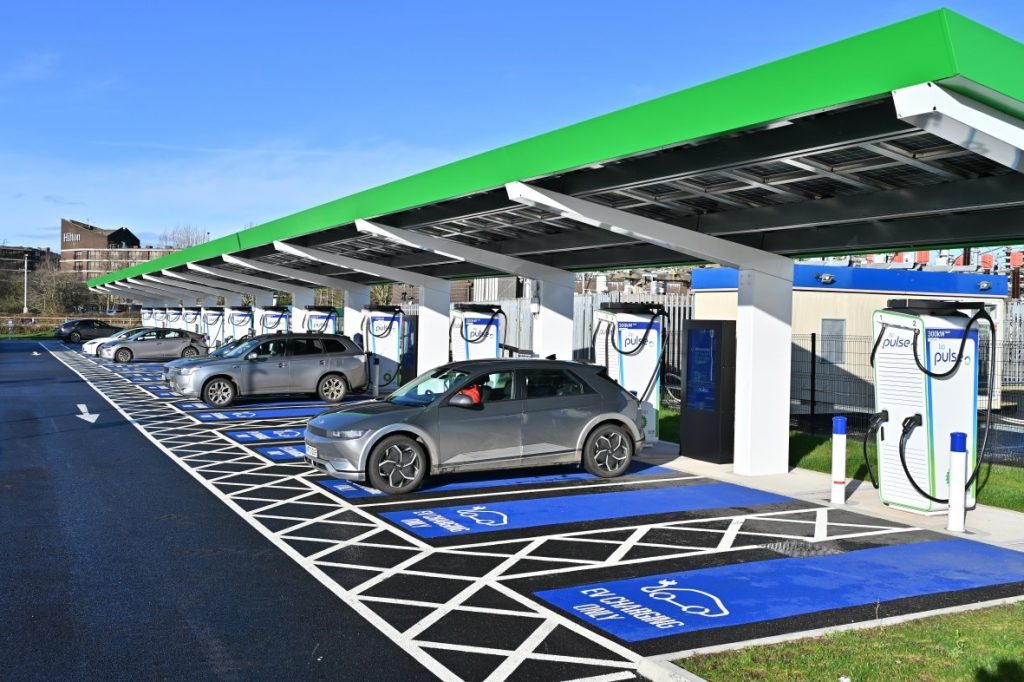
Oliver Gill and Jon Yeomans, courtesy of The Times.

Elliott, the Wall Street fund, is heaping fresh pressure on BP to jettison all its renewable power projects after the oil company’s shift away from green investments fell short of the demands of the American activist investor.
Murray Auchincloss, the chief executive of BP, said last week that it would scale back renewable energy investments in favour of ramping up oil and gas production.
In a corporate reset, the company announced that previously planned funding for renewables would be reduced by more than $5 billion a year. Oil and gas investments, meanwhile, would increase by a fifth to $10 billion a year.
But the move does not go far enough for Elliott, according to sources familiar with the situation.
The fund has built a stake in BP believed to be worth in the region of £3.5 billion. BP’s reset goes only half of the way that Elliott thinks is necessary, it is understood. It wants BP to offload investments in solar and wind completely rather than scaling back its green power operations, sources said.
BP said on Wednesday that alongside cutting back green investments it would look to sell parts of its business to raise $20 billion that could be used to reduce the company’s borrowing.
Among the assets that could be offloaded is the lubricants business Castrol, which is said to be worth $10 billion.
Investment in so-called transition businesses such as biofuels, electric-vehicle charging and carbon capture projects would fall to between $1.5 billion and $2 billion a year. Offshore wind and solar projects would be moved into joint ventures.

Elliott is understood to hold the view that BP, like other oil majors, should not try to compete in power generation because it does not have the scale or expertise to deliver cheap solar and wind farms. The hedge fund believes it should exit this market and other areas where “it doesn’t make sense to play”.
The activist is thought to be more supportive of BP’s electric vehicle-charging network, because it is more akin to its petrol retailing arm, where the company has historically operated.
Advertisement
The fund, which is now thought to be the third-biggest investor in BP, has told the company to emulate the strategy followed by Shell, which has rowed back on green investments under Wael Sawan, who took the reins in 2023.
Though Elliott is likely to be satisfied with BP dropping its commitment to reduce oil and gas output by 2030, the refusal to exit renewable energy completely sets the stage for a more protracted activist campaign.
BP and Elliott declined to comment




